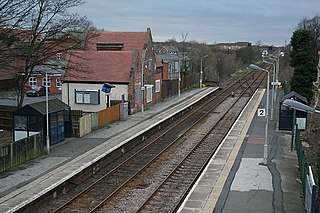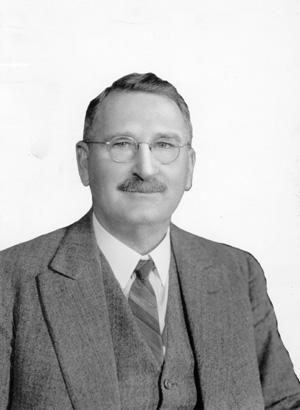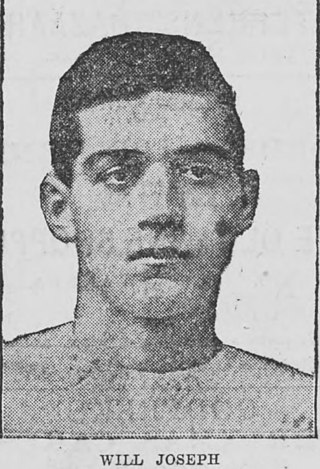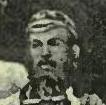Related Research Articles

Sir David Valentine Willcocks, was a British choral conductor, organist, composer and music administrator. He was particularly well known for his association with the Choir of King's College, Cambridge, which he directed from 1957 to 1974, making frequent broadcasts and recordings. Several of the descants and carol arrangements he wrote for the annual service of Nine Lessons and Carols were published in the series of books Carols for Choirs which he edited along with Reginald Jacques and John Rutter. He was also director of the Royal College of Music in London.

The Chapel Royal of St Peter ad Vincula is a Chapel Royal and the former parish church of the Tower of London. The chapel's name refers to the story of Saint Peter's imprisonment under Herod Agrippa in Jerusalem. Situated within the Tower's Inner Ward, its current building dates from 1520, although the church was likely established in the 12th century. The church for working residents was the second chapel established in the Tower after St John's, a smaller royal chapel built into the 11th century White Tower. A royal peculiar, under the jurisdiction of the monarch, the priest responsible for these chapels is the chaplain of the Tower, a canon and member of the Ecclesiastical Household. The canonry was abolished in 1685 but reinstated in 2012.

Rawdon is a village and civil parish in the metropolitan borough of the City of Leeds, West Yorkshire, England. It sits on the River Aire and on the A65 south of Yeadon.

Piae Cantiones ecclesiasticae et scholasticae veterum episcoporum is a collection of late medieval Latin songs first published in 1582. It was compiled by Jacobus Finno, a clergyman who was headmaster of the cathedral school at Turku. Publication was undertaken by Theodoricus Petri Rutha of Nyland, who lived from about 1560 to about 1630. He came from an aristocratic family in Finland, and was educated at Rostock.
Liverpool St Helens Football Club is an English rugby union team formed from the merger of Liverpool Football Club and St. Helens RUFC.

Carols for Choirs is a collection of choral scores, predominantly of Christmas carols and hymns, first published in 1961 by Oxford University Press. It was edited by Sir David Willcocks and Reginald Jacques, and is a widely used source of carols in the British Anglican tradition and among British choral societies. A second volume was published in 1970, edited by David Willcocks and John Rutter, and the collection is now available in six volumes. A compendium edition was published later. In addition to music for Christmas, the collection also offers works that are suitable for other Christian festivals such as Advent and Epiphany.

Bingham railway station serves the market town of Bingham, Nottinghamshire, England. The station is 8½ miles (14 km) east of Nottingham on the Nottingham-Skegness Line. The station is operated and served by East Midlands Railway.
The following are events in the 1850s decade which are relevant to the development of association football. Included are events in closely related codes, such as the Sheffield Rules. All events happened in English football unless specified otherwise.

John Collings Willcock was the 15th Premier of Western Australia, serving from 1936 until 1945. He was a member of the Australian Labor Party.

Fiskerton railway station, is on the Nottingham to Lincoln Line, situated 3 mi (4.8 km) south-east of the small market town of Southwell and serves the village of Fiskerton in Nottinghamshire, England.
Major-General Algernon Philip Yorke Langhorne, CB, DSO, MC was an officer in the British Army.

Sir William Willcocks was a British civil engineer during the high point of the British Empire. He was an irrigation engineer who proposed and built the first Aswan Dam, the scale of which had never been attempted previously. He later undertook other major irrigation projects in South Africa and in Arab regions of the dying Ottoman Empire.
The 1902 Home Nations Championship was the twentieth series of the rugby union Home Nations Championship. Six matches were played between 11 January and 15 March. It was contested by England, Ireland, Scotland and Wales.

General Sir James Willcocks, was a British Army officer who spent most of his career in India and Africa and held high command during the First World War.

Will Joseph was a Welsh international rugby union player. He was a member of the winning Welsh team who beat the 1905 touring All Blacks. He played club rugby for Swansea and county rugby for Glamorgan.

Sir John Henry Luscombe was a highly successful insurance broker, becoming chairman of Lloyd's Register and being knighted for his services to underwriting. He had earlier been a rugby union international who represented England in the first international match in 1871, and was the brother of another rugby international, Francis Luscombe.
John Thomas Taylor (1877–1951) was a rugby union international who represented England from 1897 to 1905, and at club level for Castleford RUFC and West Hartlepool R.F.C. He also captained his country.

Major-General Charles Guinand Blackader was a British Army officer of the First World War. He commanded an Indian brigade on the Western Front in 1915, and a Territorial brigade in Dublin during the Easter Rising of 1916, before being appointed to command the 38th (Welsh) Division on the Western Front, a position he held until retiring due to ill-health in May 1918.

Tonge and Breedon railway station was a station at Tonge that served the adjacent village of Breedon-on-the-Hill, Leicestershire, England.

Argyll's Rising, also known as Argyll's Rebellion, was an attempt in June 1685 to overthrow James II and VII. Led by Archibald Campbell, 9th Earl of Argyll, the rising was intended to tie down Royal forces in Scotland while a simultaneous rebellion under James Scott, 1st Duke of Monmouth began in England. Both rebellions were backed by dissident Protestants opposed to the accession of the Roman Catholic James to the throne.